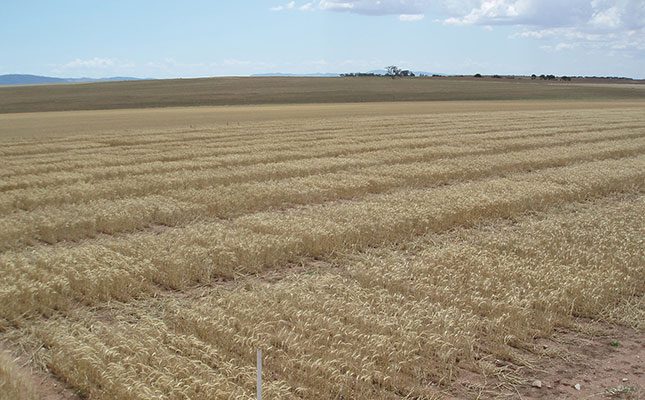
Photo: Pixabay: Wheat initiative
According to the Australia’s Department of Agriculture, Fisheries and Forestry’s crop report for June, it was anticipated that in the 2023/24 production season, the country’s total winter crop production would decline by about 34% to 44,9 million tons compared with the 2022/23 season. This was about 3% below the 10-year average.
This followed an announcement by Australia’s Bureau of Meteorology on 6 June that there was a 70% chance of an El Niño weather pattern developing in the Pacific Ocean this year.
Such a system was “typically associated with hotter, drier weather”, the bureau said.
Australia was currently one of the world’s biggest exporters of wheat, and exported mainly to Asia.
The crop report indicated that wheat and barley production would be 34% and 30% lower at 26,2 million tons and 9,9 million tons respectively.
Forecasts for canola were down 41% to 4,9 million tons, but were still 15% above the 10-year average.
Although there would be a decline in the area planted to winter crops, it was expected to remain at an historical high level of 23,3 million hectares.
The areas planted to wheat and canola were estimated to fall by 2% and 11% respectively, while barley plantings were expected to increase 4% to 4,3 million hectares as the crop was able to “better handle drier conditions”, the report added.
Despite the fact that the total value of agricultural production was anticipated to be down 14% at A$79 billion (about R996 billion) in 2023/24, it would still be the third highest on record, according to the department’s June agricultural commodities report.
The lower production levels and “easing” global prices of grains and oilseeds would thus result in that country’s agricultural exports coming down from recent record levels, and declining 17% to A$65 billion (R820 billion) in 2023/24.












